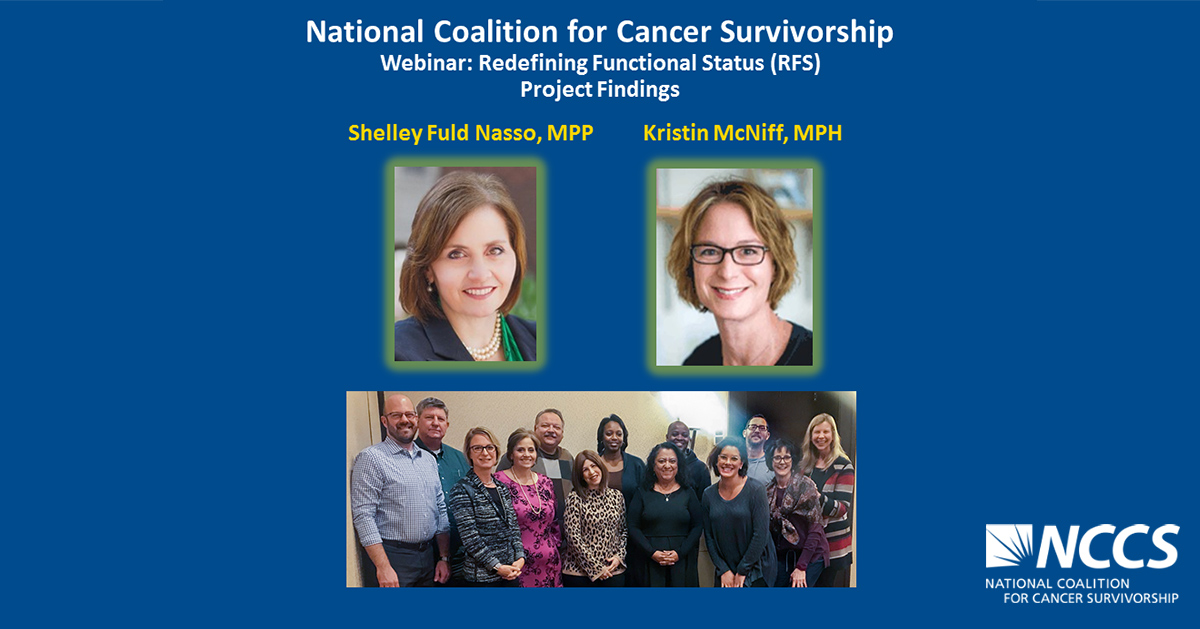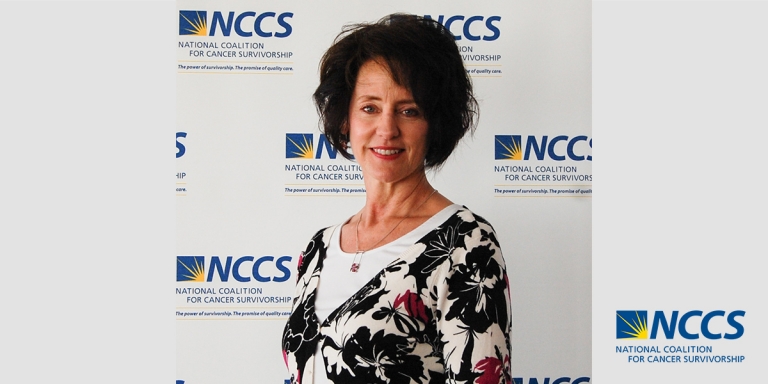
Webinar Video – Redefining Functional Status: A Patient-Led Quality Measurement Effort

Seeing the Bigger Picture of Survival Through Patient Advocacy

Dr. Julia Rowland Discusses the Importance of Psychosocial Care: Engagement and Dialogue

Video Post: Dr. Claire Snyder Discusses How Patient-Reported Outcomes Can Improve Cancer Care


